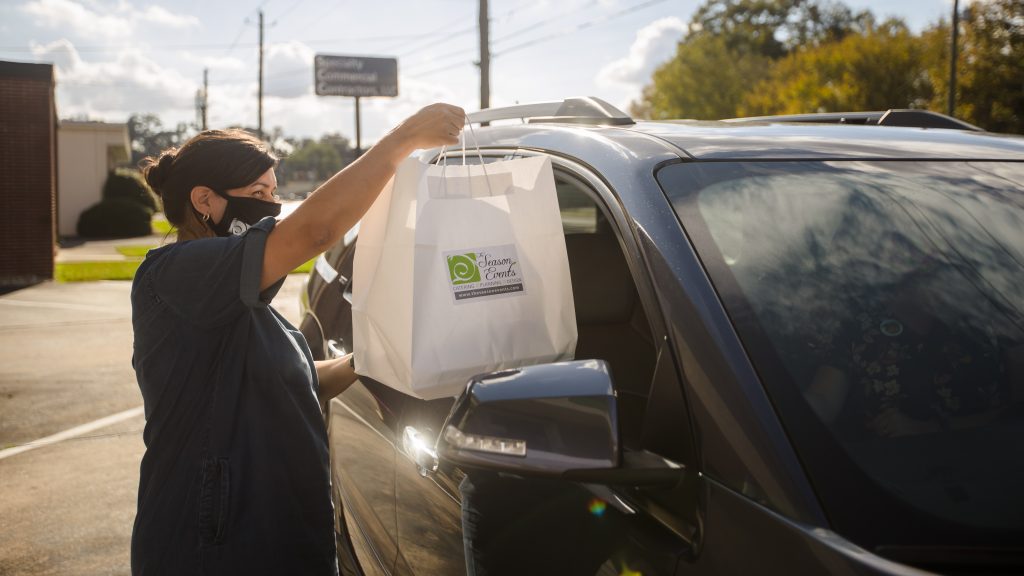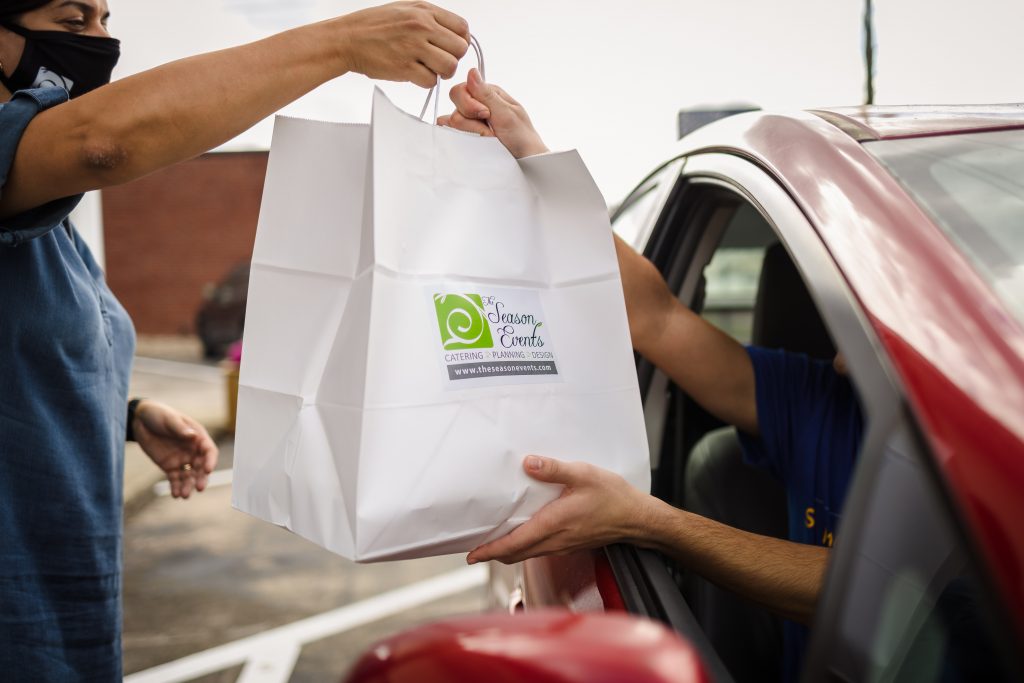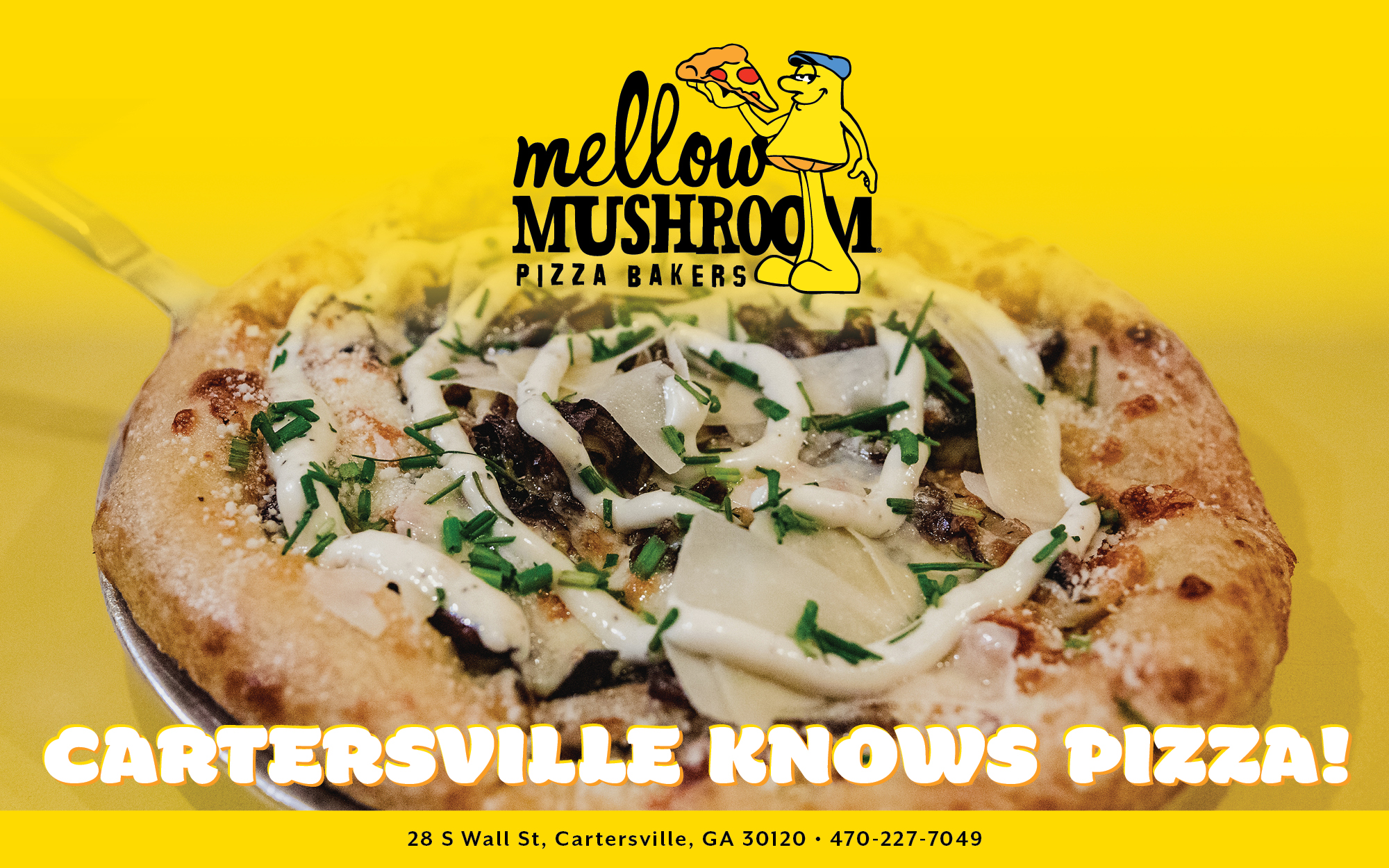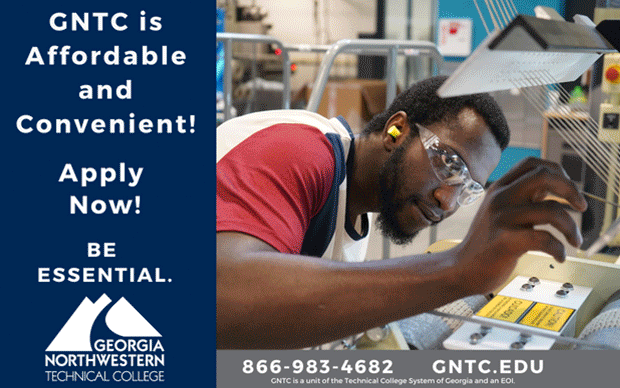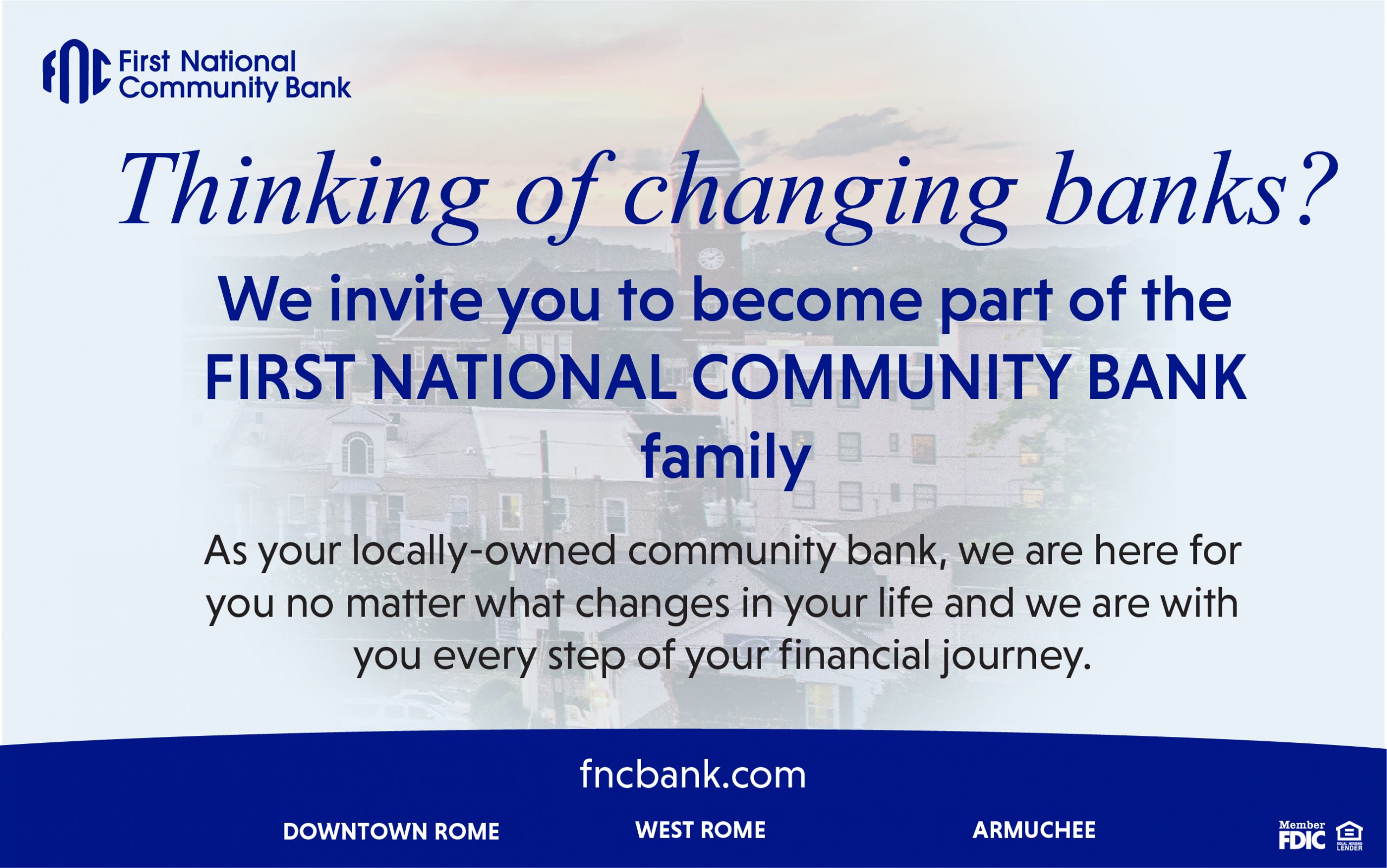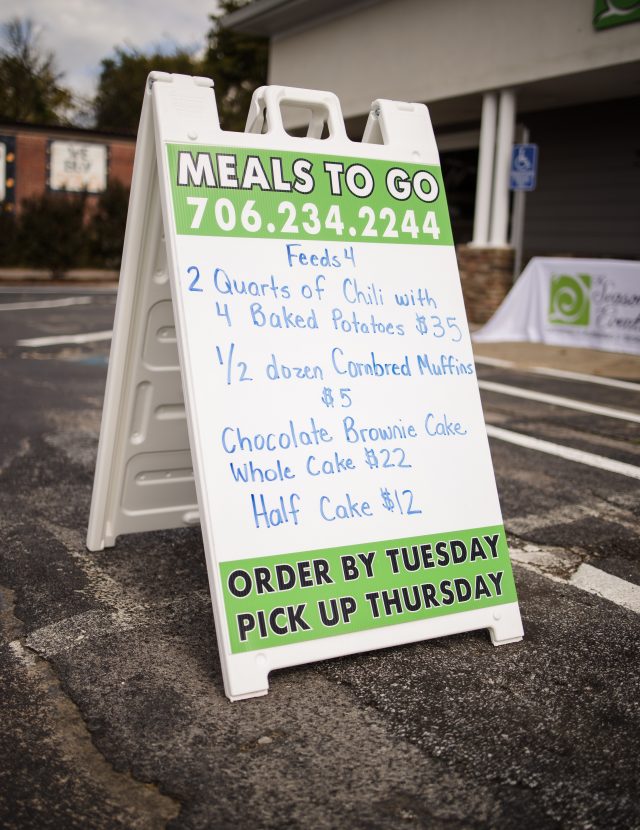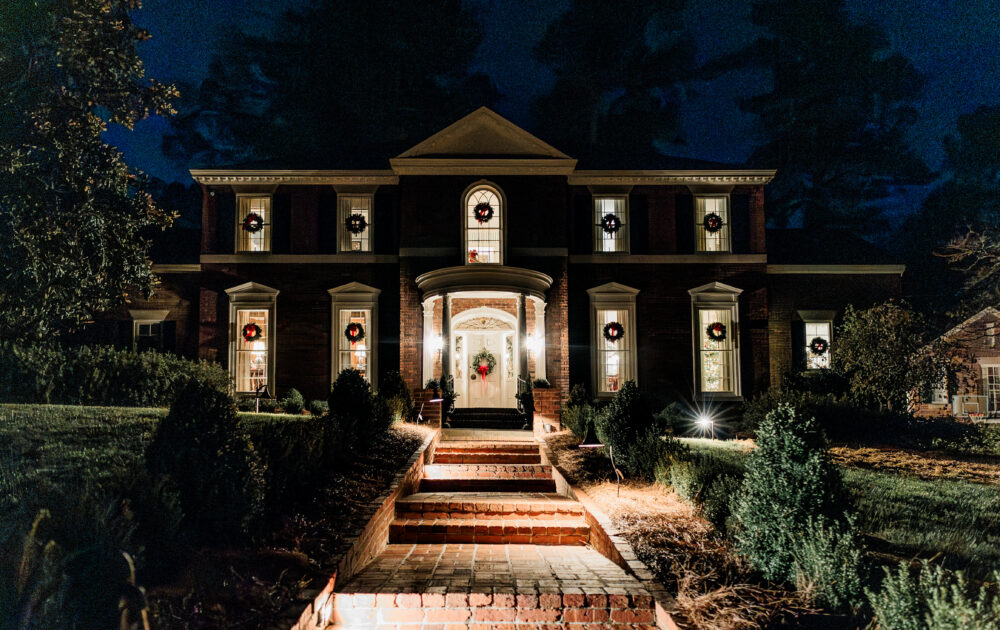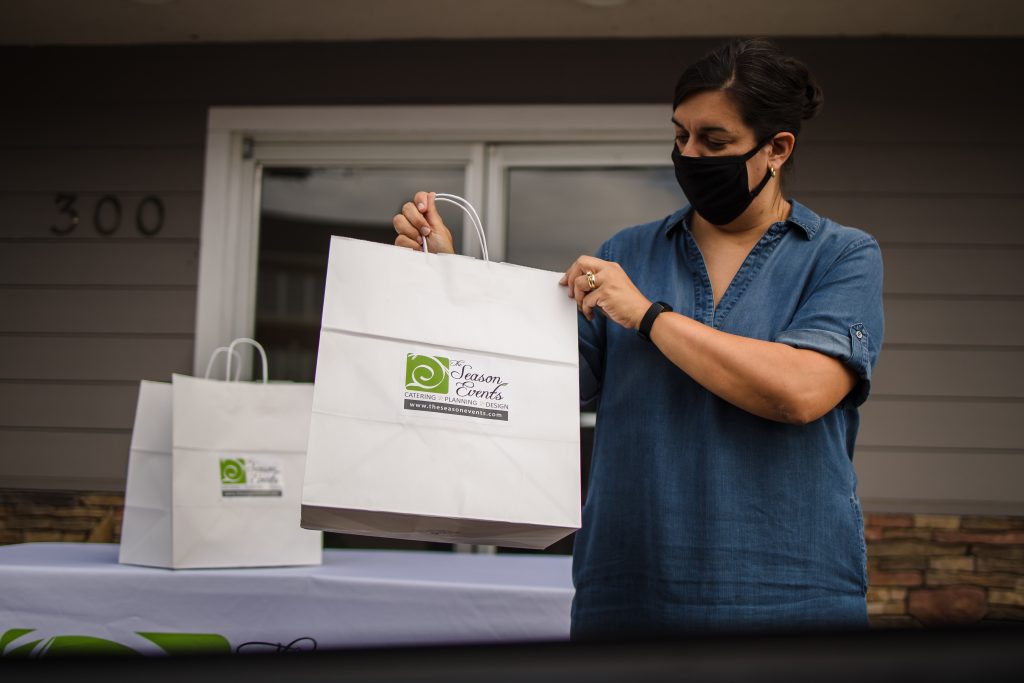
Photos Andy Calvert
What a year to toast the food service industry – we are certainly deserving of some kind of medal for surviving this year. I believe 2020 is a year destined to become the punchline to future jokes. The phrase ‘back in 2020’ will preface any and all horror stories of tragedies and perils when we tell these stories to the next generation. This year has tried us, broken us, built us, and pushed us.
As we approach the final days of this year’s odyssey, I’m fortunate to have some sturdier legs to stand on than I did earlier this year. The fourth quarter almost feels like a typical season, but not quite – normal has not been completely redefined yet. The chips are still falling.
The changes of the past nine months are still unfolding. Those of us in the hospitality, event, and restaurant industry were literally flattened by the nation-wide shut down in early 2020, right in the first quarter as we all headed into a normally busy spring season. When your mission statement includes the phrase ‘bring people together’ (like ours does at The Season Events) and the governor wants you to keep away from each other, you cry. Trust me on this one, I shed a lot of tears. Like most business owners, my company is my baby. In a matter of one week, we counseled sobbing brides, scared customers, and cautious non-profit agencies. Everyone had a different event that had to be postponed, canceled, or otherwise reorganized to meet new guidelines for health and safety.
For those first few weeks, every time we answered the phone, we took another gut punch.
For several weeks, and still today when customers continue to decide to cancel or postpone (sometimes for the second time), we are convincing our customers that whatever decision they make, it’s the right one.
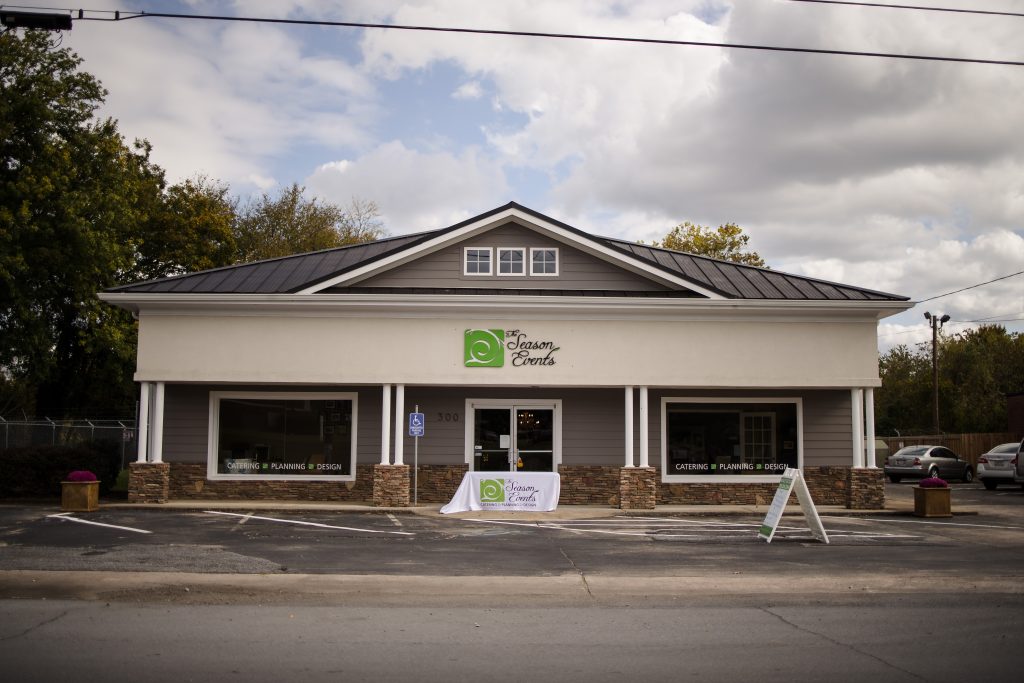
I can’t say I was my best self during those early days. I was scared, frustrated, and constantly thinking and overthinking. It was hard to turn my mind off. I spent plenty of time figuring out worst case scenario strategies, because while we were optimistic, we could have events by summer, we really didn’t know anything.
I know I’m not alone in this. I frequently had text messages to (and from) my friends who own small businesses and restaurants. Venue owners were calling us to find out what we could do to salvage events, to take care of our customers. But for at least six weeks, we could only cancel and navigate the confusing waters of contracts and force majeure, the balancing act of “doing the right thing” and staying in business.
Meanwhile, in the midst of literally re-planning or canceling events, my entrepreneur friends and I were also navigating completely new experiences with government and business resources. I know I spent HOURS reading the CARES act, listening to the governor, contacting the local UGA Small Business Development Center, talking to my banker and the Chamber of Commerce, and joining Facebook groups to share information among other similar businesses. I learned more about the unemployment system than I EVER wanted to know, but I wanted to help my employees as much as possible. As a business owner who genuinely cares about my employees’ personal lives, I spent many sleepless nights those first couple of weeks considering as many options for the future as possible.
Having a future meant finding new ways to stay open. How can the making of food for a wedding or party translate to a weekly (or daily?) meals program? What makes sense for both profitability, staffing, and logistics? Many times in those early days of the shutdown, supplier issues caused challenges for planned meal choices. Those of us with a to-go meals program already in existence ramped up our marketing of the program. That also meant we had existing relationships with suppliers. The public probably doesn’t realize there was a shortage of to-go containers and large to-go bags for a while, and only if you had ordered the product in the past could you get the limited supply available.
As usual among a group of clever entrepreneurs in a small town, our small business community rapidly created new business models to meet the needs of customers who still wanted delicious meals but couldn’t eat out or sit inside restaurants. Buildings without drive-through operations had to devise ‘park and text’ parking spaces. In downtown Rome, many restaurants were allowed to designate a curbside parking space for to-go meals with the help of cute signage from the Downtown Development Authority.
Delivery services became a new job opportunity as many people had more time on their hands and could work as a Door-Dash or Uber Eats driver. We contracted with a small courier service to help deliver our meals to our satellite location in Cartersville. Just like Zoom transformed traditional business meetings, food delivery became a cornerstone for traditional restaurants. Businesses with a history and proven track record had a few more resources, or at least more reserves, to pivot.
My friend and colleague Tonya Davis, who helps run things at both Honeymoon Bakery and Aventine restaurant, shared part of their small business “staying alive” story. “We often say we’re in the business of selling happiness. With people spending more time at home together, it was important that we provide fun, creative ways for them to bond (and break the monotony!).
We began offering Cookie Decorating Kits and Take & Bake Cookie Dough through Door-Dash, and the customer response was wonderful! Our management team evaluated the products we sell and made tough decisions about which items to cut and which to keep. We began to streamline our processes, take a harder look at our day-to-day procedures.
Learning to work within COVID-19 guidelines for celebrations forced us to rethink our business model. Though these changes seemed daunting and overwhelming at the time, they were necessary for us, our employees, and our customers. The path may look different, but the goal remains the same: to be around for many more years, selling happiness one sweet bite at a time.”
Being around for many more years is exactly what most of us were looking toward. Because Honeymoon Bakery (like my business) had been in business for over a decade before the pandemic began, we felt we had some history to rely on (particularly, the recession of 2008, right after both of our businesses opened). While we were still scared about this unfamiliar pot hole we had just hit, we had relationships we could count on with suppliers and customers. For a new business, the concerns were scarier.
Aventine, a new restaurant in town, had to suddenly take the energy of a new popular restaurant and translate it into a completely new way of doing business. Tonya says, “we were open less than 4 months before the COVID-19 restrictions began. We had a choice: fight or flight. We weren’t allowed to open for dine-in service, and we weren’t previously getting many takeout orders. But we weren’t going to let either of those facts stop us from trying.
We adjusted our hours and switched our business model to Takeout & No-Contact Curbside Pickup. Figuring out what our customers now needed and wanted was important. The ability to get creative and be adaptable was extremely important, as no one knew how long the restrictions would last.”
For us, the weekly meal option helped us stay relevant, continue working (albeit with significantly reduced staff and hours) and stay connected to our customers who enjoy many of our family favorites. By keeping costs tight, we can offer a meal for 4 that is delicious and fresh. If we sell 30 or 40 meals, then we are still following a catering model of cooking a small number of menu options for a large number of people (each meal feeds 4, so we’re cooking for 120-150 people for each week). That stability in our business model meant we could continue to offer Meals to Go as events started to take place again.
Initially, drive-through events became THE THING with pre-packaged food choices as part of the experience. I must admit, I cried when one of the kids in my neighborhood had a drive-by party. Every car that drove by and honked the horn and waved balloons broke my heart but lifted my spirits at the same time. Americans are scrappy. We find ways to continue celebrating life’s big moments.
If there are COVID-19 silver linings (and I believe there are), one would be the support small businesses in related industries were giving each other (and continue to give). I know we promoted Honeymoon Bakery’s sweet treats knowing they had lost as much wedding business as we had. We worked hard to make offerings our restaurant friends did not necessarily have on their menus, while trying to meet our customer’s requests as well. We shared bags and take-out boxes, commiserated about unemployment issues for our teammates, and generally checked in on each other. A text from another caterer asking ‘how are y’all’ came from genuine concern. There was no sense of competition.
I remember many late-night texts between myself and Tonya, among others. She was a safe space for me to share concerns but also to share hope. While we weren’t necessarily in the same boat, we were navigating the same storm. Ironically, when the hits of 2020 were continuing into late October with a hurricane and power outage on our Meals to Go day, we were able to ‘borrow’ some fridge space from Honeymoon Bakery to save our cooked product so as not to lose even more this year. I’m forever grateful for these relationships. Forever.
As the fourth quarter of the year unfolds, we are starting to see in our community a return to some events, to regular Saturday morning breakfasts and Friday night supper clubs. There are safety protocols in place, like hand sanitizing stations, the elimination of self-serve buffets, and scattered seating. But gathering together, whether at a small event or for sharing a pastry at the bakery or a meal at Aventine, can still go on. We’ve adapted. We’re surviving. Because of loyal customers and because we supported each other. So, I raise my glass to this community. Look how far we’ve come!

